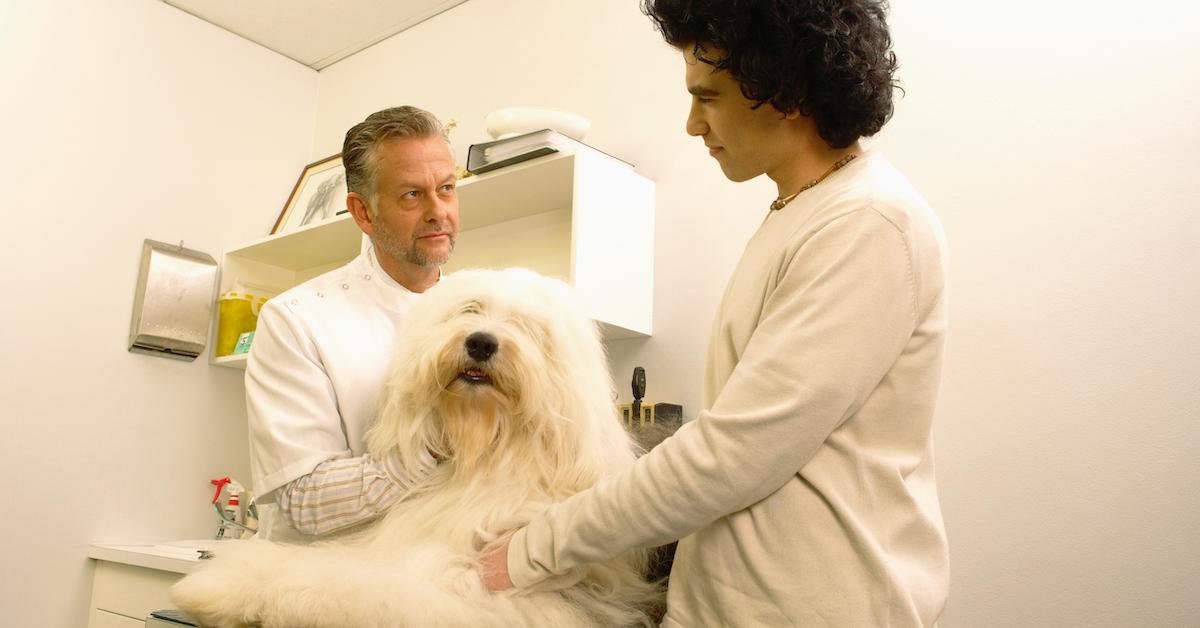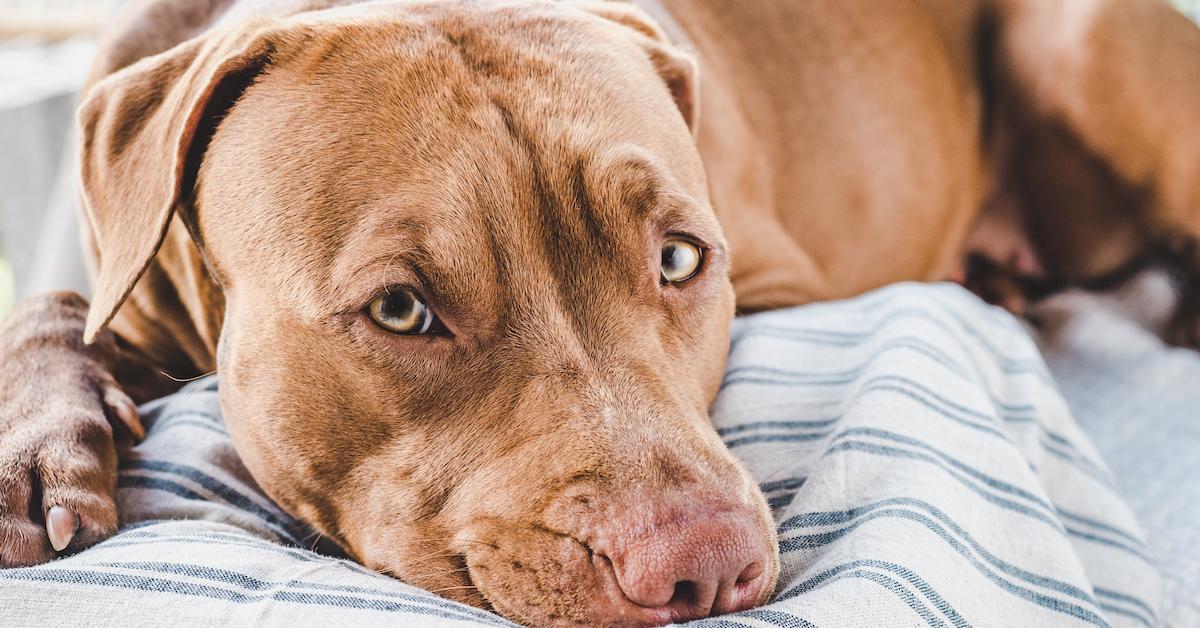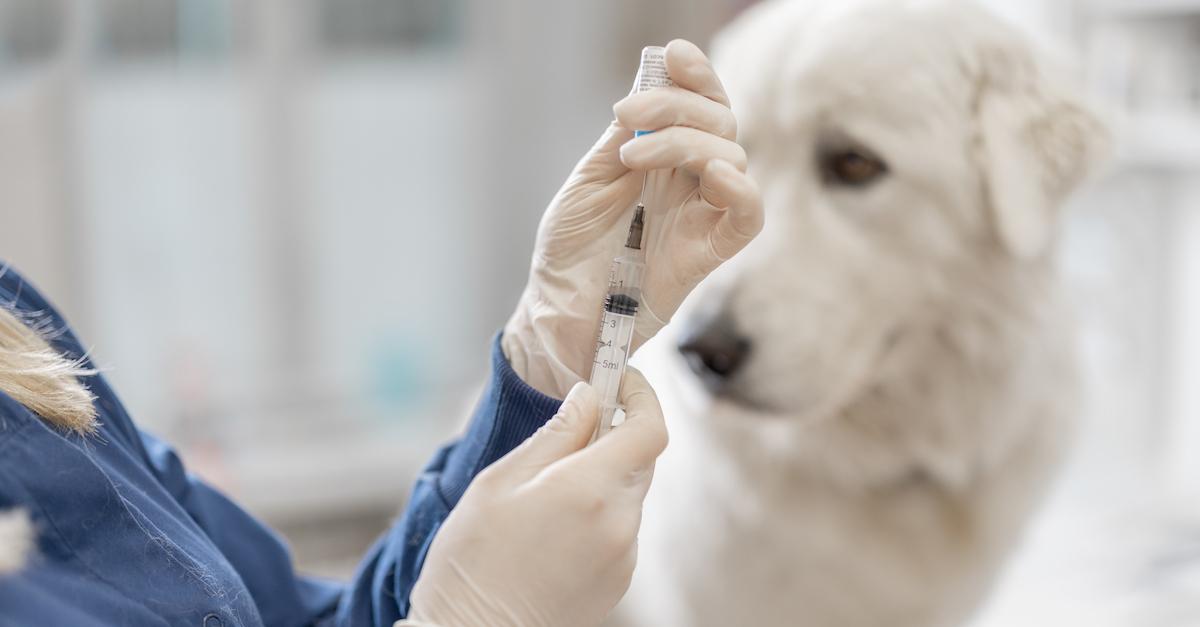Vet Advice on What to Look Out For, With Dog Flu on the Rise (Exclusive)
Updated Feb. 24 2023, 2:30 p.m. ET

As dogs are an integral part of so many families around the world, it's always nerve-wracking when an illness circulates through the pet community. And unfortunately, dog flu cases are on the rise right now.
We spoke to veterinarian Ivana Crnec, DVM at Veterinarians.org via email, about dog flu symptoms, the vaccine, and preventative measures you can take to protect your fur babies.
Her words of wisdom are reassuring and incredibly helpful for pet parents concerned about this doggy epidemic.

What are the symptoms of dog flu?
Canine influenza — aka the dog flu — is different from the influenza viruses that spread through humans. It’s caused by H3N8 and H3N2, according to the New York Post, which are both Type A viruses. Humans can't contract it, and fortunately, it generally isn't fatal.
However, it's important to be aware of symptoms, should your pup get infected.
"In terms of symptoms [the dog flu] manifests with runny nose and eyes, coughing, lethargy, reduced appetite, and fever," Crnec tells us, saying it can take a few weeks for them to recover.
To prevent it from worsening, dogs showing symptoms are recommended to get immediate medical attention, as any dog breed of any size can catch it from another infected dog.

There's a dog flu vaccine, but it's in short supply.
Because dog flu cases are on the rise, Zoetis — which is the sole manufacturer of the vaccine — is facing a major supply shortage at this time, per WJACTV.
"The current shortage of canine influenza vaccines is the result of another company pulling out of the market several months ago, and this has impacted Zoetis and our ability to meet the increased demand," reads a statement from the company.
"We are the only manufacturer currently supplying these vaccines to the market, and this type of biologics product (vaccine) requires a good deal of lead time for planning, production, and quality testing. While short-term disruptions are still happening, we expect the supply situation to stabilize this spring."
Similar to the COVID-19 vaccine, the dog flu won't give your dog guaranteed immunity. However, it ensures that if they do become infected, the symptoms won't be quite as bad.
"The vaccine does not prevent infections 100 percent, but it reduces both the severity and duration of the disease," Crnec explains.

Preventative measures to take against the dog flu:
Even though dodging the dog flu seems difficult right now, especially for pups that frequent the dog park, securing the vaccine as soon as possible is crucial in protecting your pup.
Crnec says it's not considered mandatory by vets, but it's highly recommended for dogs that frequent parks, day care, or other crowded areas.
"The best way of preventing the flu is vaccinating your dog and then keeping it up to date on the vaccine," she says. "The flu vaccine is labeled as a 'lifestyle' meaning it is not essential to all dogs. However, it is highly recommended for dogs going to kennels, boarding facilities, dog parks, dog shows, and other dog-crowded places."
So until the vaccine comes out, pet parents should consider one-on-one playdates for the foreseeable future.